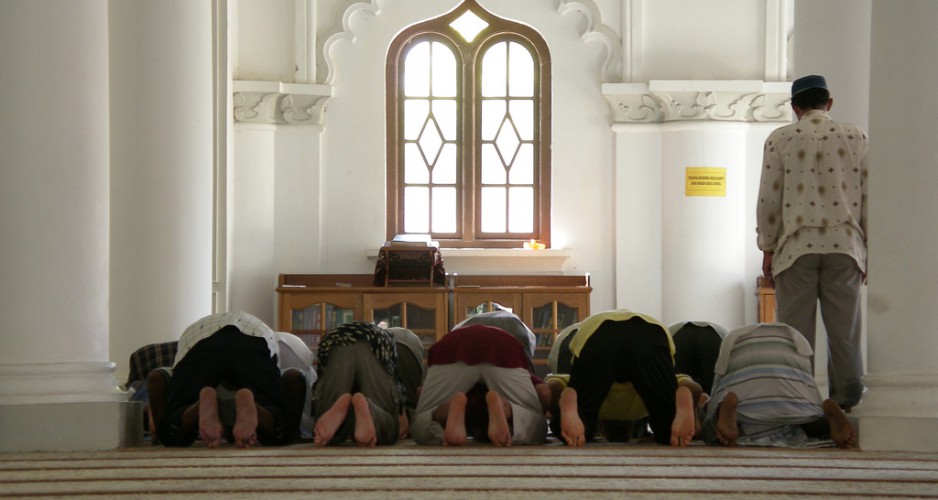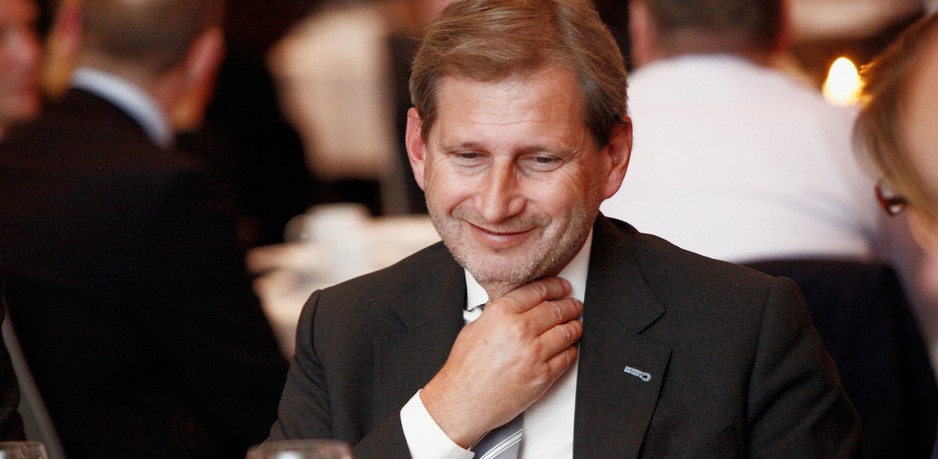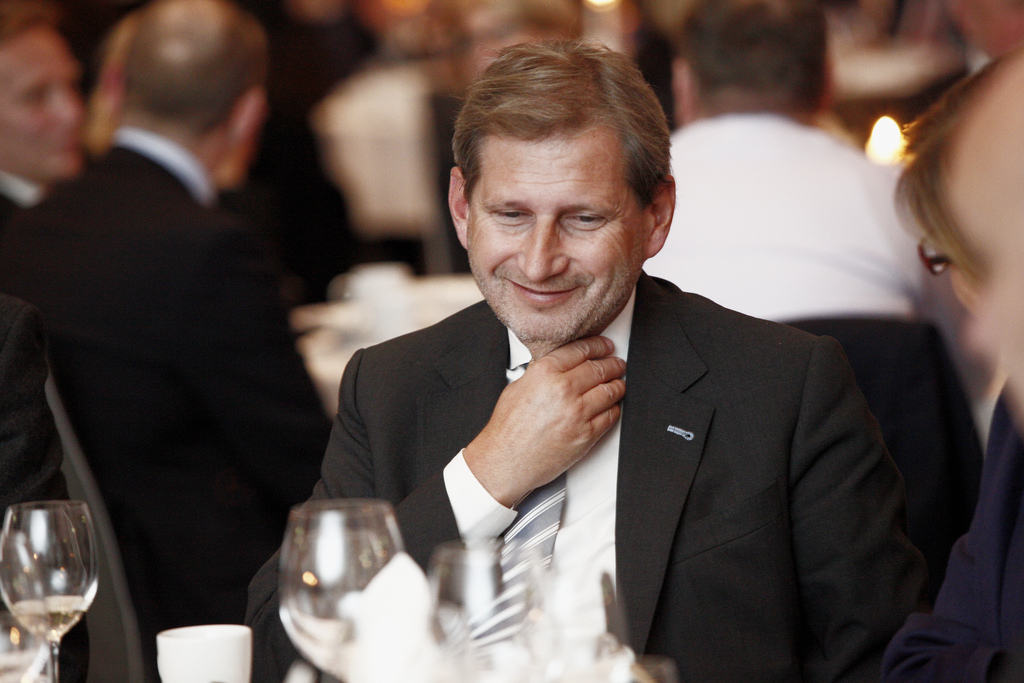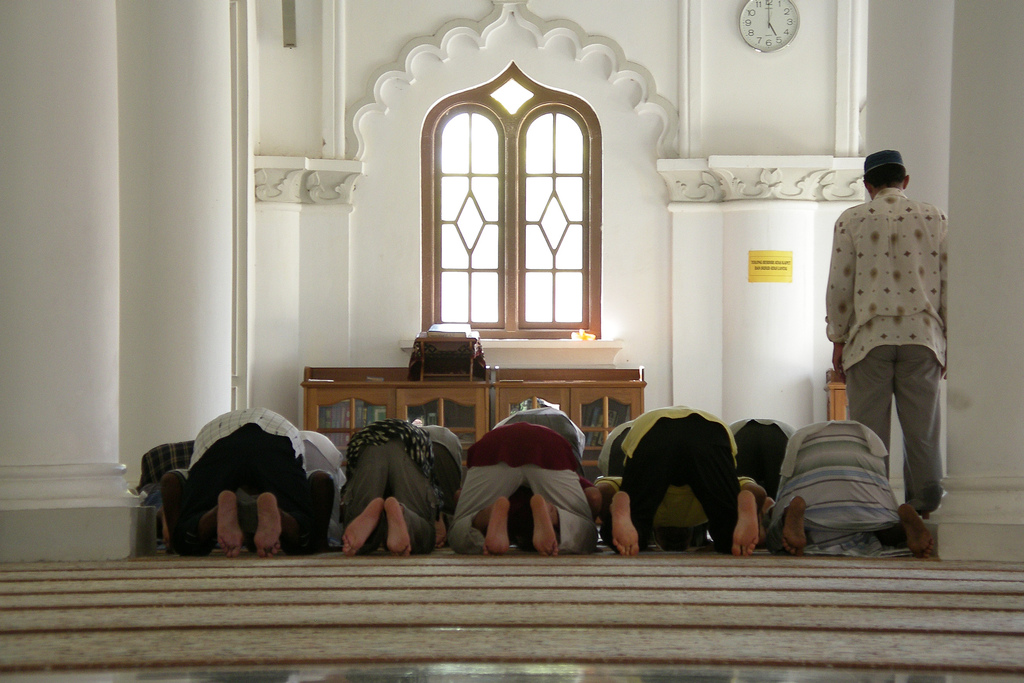
This is the third part of a 4-part series, discussing the pros and cons of an accession of Turkey to the European Union from all angles. Check the blog regularly or sign up to our newsletter to be notified as soon as the final part is available. Find the other parts here: First / Second
In the previous 2 blogs I tried to explain why Turkey should become a member of the EU from both the EU’s and Turkey’s perspectives. In this and the following blog, I am focusing on the reverse: “Why shouldn’t Turkey become a member of the EU from the EU’s and Turkey’s perspective?”. In this blog, I am arguing from the EU’s perspective.
The main arguments in this passage are based on the problematic situation of Turkey’s neighbours, the uncertainties in the Turkish economy and politics, Turkey’s extremely big population, cultural difference in case of religion and some lacks in liberal democracy.
Problematic neighbours
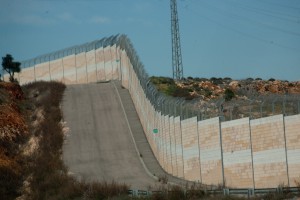
The most important difficulty for Turkey with regard to the membership is its very critical geopolitical location because when Turkey becomes a member, the border of the European Union at the east and north-east will extend to the Middle East and Caucuses, one of the most problematic areas in the current global politics. If we look at the map, we can easily see that Turkey is surrounded by anti-democratic states including Armenia, Azerbaijan, Iran, Iraq, Syria, and Russia. All of these states have different internal issues which force them to be undemocratic. Because none of them is interested in a “win-win” idea, there is no stability in the region for a long time. Furthermore, the most prominent two problems “ISIS” and “Syrian refugees” make Turkey’s regional policy weaker because both of them are the problems that have political and security aspects. Thus, if Turkey becomes a member of the EU, the EU will have to face such problems as these because of the common foreign and security policies.
Behind the EU’s own ongoing problems including the Ukrainian problem with Russia, it will face more and more problems. Related to this issue, if Turkey becomes a member of the EU, the EU will have to open its borders to Turkey, so the refuges and migrants will arrive to Europe via Turkey. This would force the EU to change its migration policy. Briefly, this possible membership will force the EU to change its foreign and security policies. From this point of view, Turkey should have to wait a little bit longer.
Uncertainty in economy and politics
Although the Turkish economy has been for a decade developing in a positive way, it has still structural, fiscal and monetary problems. Especially the percentage of unemployment is still about 10% which is above the EU’s criteria. This is a structural problem in the Turkish economy, so in order to solve it it will take a long time. Also, inflation, another structural economic problem, the taxation system and the economic inequalities within the society are still visible. Thus, the membership of Turkey economically seems a little bit early.
A huge population
Another handicap of Turkey is its big population. Today’s population is about 75 million (without the refugees) but will be 80 million by 2020, so this is really too big for the EU to absorb it in short-run. Thus, Turkey’s population can change the EU’s demographic structure.
Religion as a cultural difference
As a reality, most of people in the Islamic world see the EU as the Union of Christians. From this point of view, as having a 95% Muslim population, Turkey’s membership will be a signal that Europe is open to the Islamic world. However, this is really debatable because although there are millions of Muslims living in Europe, Turkey’s membership will bring 80 million new Muslims to Europe, so this is a situation that can change the demographic structure of the EU too.
Lack on liberal democracy
Honestly speaking, Turkey still has problems with human rights, women rights, labour rights and homosexual rights. Although the state has been improving on these issues for a couple of years, this is a long-time tradition. Thus, while the EU still has some problems with the consolidation of former member states, integrating Turkey will impose new problems on the EU.
To sum it up: The problematic neighbours, the uncertainty in economy and politics, a big population, the cultural difference in case of religion and lacks in liberal democracy indicate that Turkey will need a decade at least to become a member of the EU.
About the author:
 Hacı Mehmet Boyraz (21) is a student of International Relations with Political Science and Public Administration at Gediz University in İzmir.
Hacı Mehmet Boyraz (21) is a student of International Relations with Political Science and Public Administration at Gediz University in İzmir.

